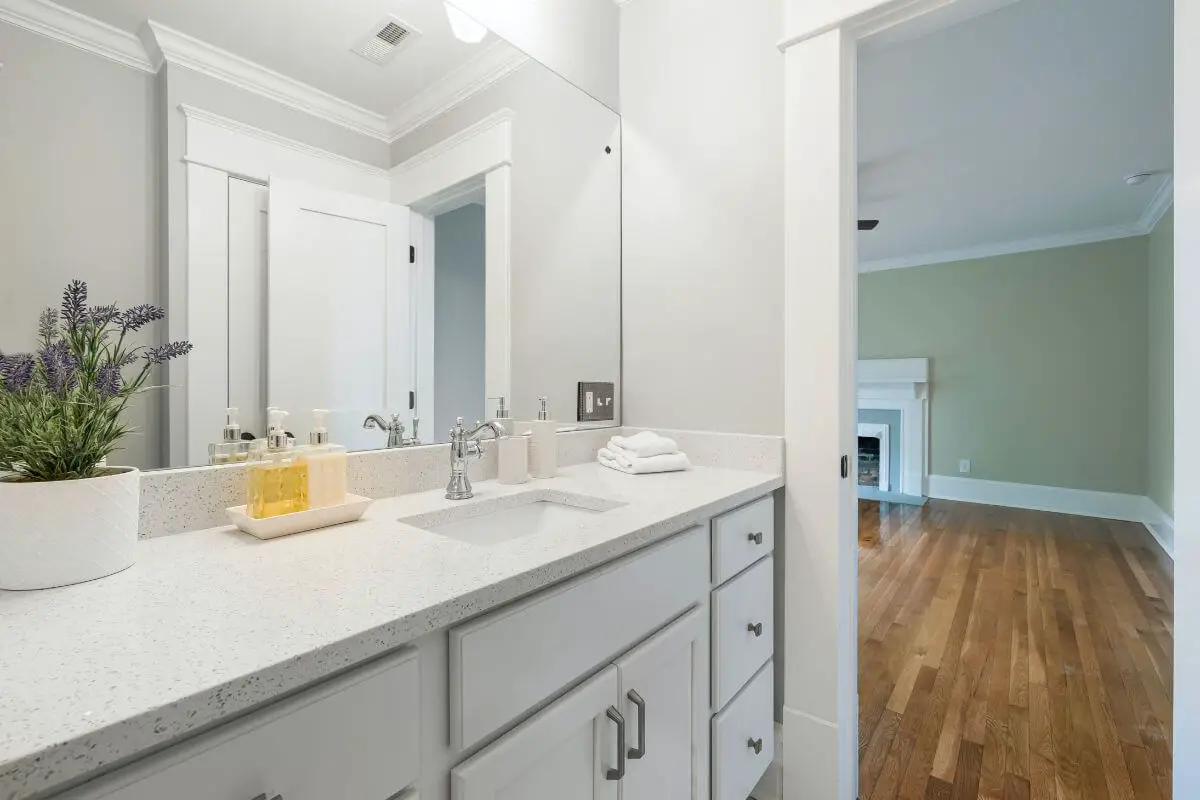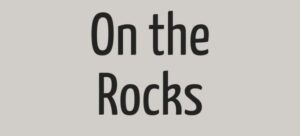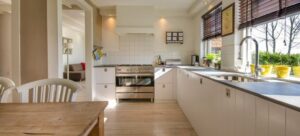Introduction
When it comes to choosing the right countertop or surface material for your home, both aesthetics and functionality are crucial. Staron and Corian are two well-known brands that offer solid surface materials with a wide range of applications. In this article, we’ll compare Staron and Corian, considering factors such as material composition, design options, durability, maintenance, and overall value, to help you make an informed decision for your project.
Introducing Staron Solid Surfaces
Staron is a brand known for its acrylic solid surface materials that offer a seamless and versatile solution for various applications. Staron surfaces are non-porous, making them resistant to stains and easy to clean. They are often used in countertops, sinks, and wall cladding.
Discovering Corian Solid Surfaces
Corian, developed by DuPont, is another prominent name in the world of solid surface materials. Corian surfaces are composed of acrylic polymer and natural minerals, creating a durable and versatile material that is commonly used for countertops, sinks, and even furniture.
Comparing Material Composition
Both Staron and Corian are composed of acrylic polymer and natural minerals. However, Corian also incorporates proprietary additives that contribute to its strength and durability. The slight variation in composition can influence factors like durability and performance.
Exploring Design and Color Options
Both brands offer a wide variety of design and color options, allowing you to find a solid surface that matches your aesthetic preferences. Staron and Corian offer numerous colors, patterns, and finishes, making it easier to find the perfect fit for your project.
Durability and Resistance to Wear
Both Staron and Corian surfaces are durable and designed to withstand daily use. They are resistant to scratches, stains, and impact. Corian’s proprietary additives contribute to its enhanced durability, potentially giving it an edge in high-traffic areas.
Maintenance and Care
One of the benefits of both Staron and Corian surfaces is their easy maintenance. Regular cleaning with mild soap and water is usually sufficient to keep these surfaces looking their best. Both brands offer guidelines for proper care to ensure longevity.
Installation Process and Considerations
Installing Staron or Corian surfaces typically requires professional expertise. Both brands offer guidelines for proper installation to ensure a seamless and long-lasting result. Proper installation is crucial for achieving the desired look and performance.
Considering Price and Value
The cost of Staron and Corian surfaces can vary based on factors such as the design, color, and complexity of the installation. While Corian might have a slightly higher price point due to its proprietary additives, both brands offer value through durability and design flexibility.

User Reviews and Satisfaction
Reading user reviews and seeking feedback from individuals who have used Staron or Corian surfaces can provide valuable insights into their performance and overall satisfaction. Real-world experiences can help you gauge how well these surfaces hold up over time.
Customization and Design Flexibility
Both Staron and Corian offer customization options that allow you to create unique designs and features. They can be seamlessly integrated with sinks, backsplashes, and other elements, giving you the freedom to design a cohesive and personalized space.
Choosing the Perfect Solid Surface for Your Project
The choice between Staron and Corian depends on your project’s requirements, budget, and design preferences. Consider factors such as material composition, durability, color options, and the overall look you want to achieve.
Common Mistakes to Avoid
- Ignoring Installation Expertise: Proper installation is essential for achieving a flawless result. Hiring experienced professionals is recommended.
- Not Researching Design Options: Explore the extensive design and color options offered by both brands to find the perfect fit for your project.
- Overlooking Long-Term Durability: Consider the durability and wear resistance of the solid surface material, especially for high-traffic areas.
Conclusion
Both Staron and Corian are reputable brands that offer solid surface materials suitable for a wide range of applications. Your choice between the two depends on your project’s specific needs and your design preferences. By thoroughly researching both brands, comparing their offerings, and considering factors such as material composition, durability, and customization options, you can confidently select the solid surface material that will enhance the aesthetics and functionality of your space.
FAQs
Can Staron and Corian solid surfaces be used in both residential and commercial applications?
Yes, both brands’ solid surfaces are versatile and can be used in both residential and commercial settings.
Are there differences in the feel or texture of Staron and Corian surfaces?
While both surfaces are smooth and seamless, the specific feel or texture might vary slightly due to their material composition.
Do Staron and Corian solid surfaces require special cleaning products or maintenance routines?
Regular cleaning with mild soap and water is usually sufficient for maintaining the appearance of both surfaces. Avoid abrasive cleaners.
Can I place hot pots or pans directly on Staron and Corian surfaces?
While both surfaces are heat-resistant, it’s recommended to use trivets or hot pads to prevent potential damage from direct contact with hot cookware.
Are there limitations on the design complexity that can be achieved with Staron and Corian surfaces?
Both brands offer a high level of design flexibility, allowing for intricate and unique designs, including seamless integration of sinks and other elements.
Are Staron and Corian solid surfaces resistant to stains and discoloration?
Yes, both surfaces are non-porous and resistant to stains, making them suitable for areas prone to spills and messes.
Can I repair scratches or minor damages on Staron and Corian surfaces?
Minor scratches and damages can often be repaired using mild abrasives and polishing techniques. Deeper damages might require professional repair.



